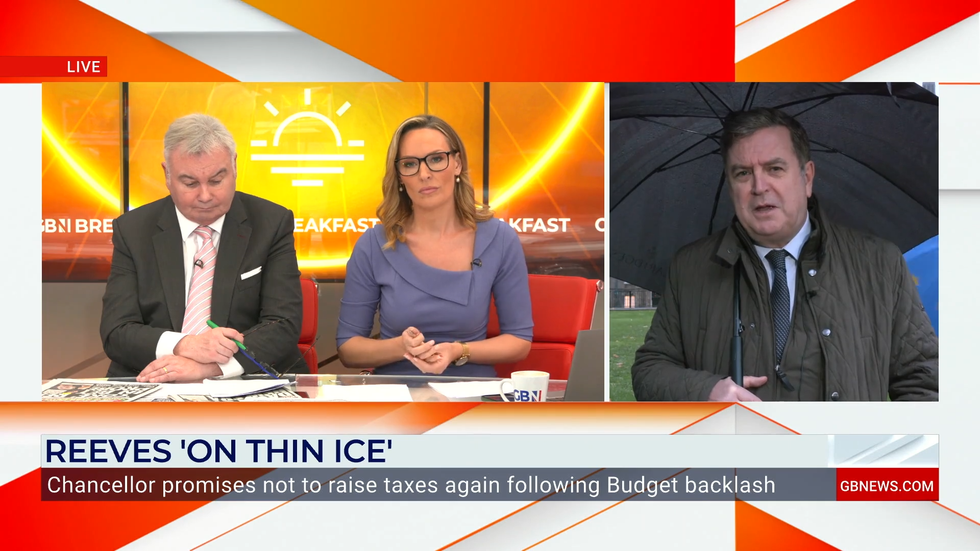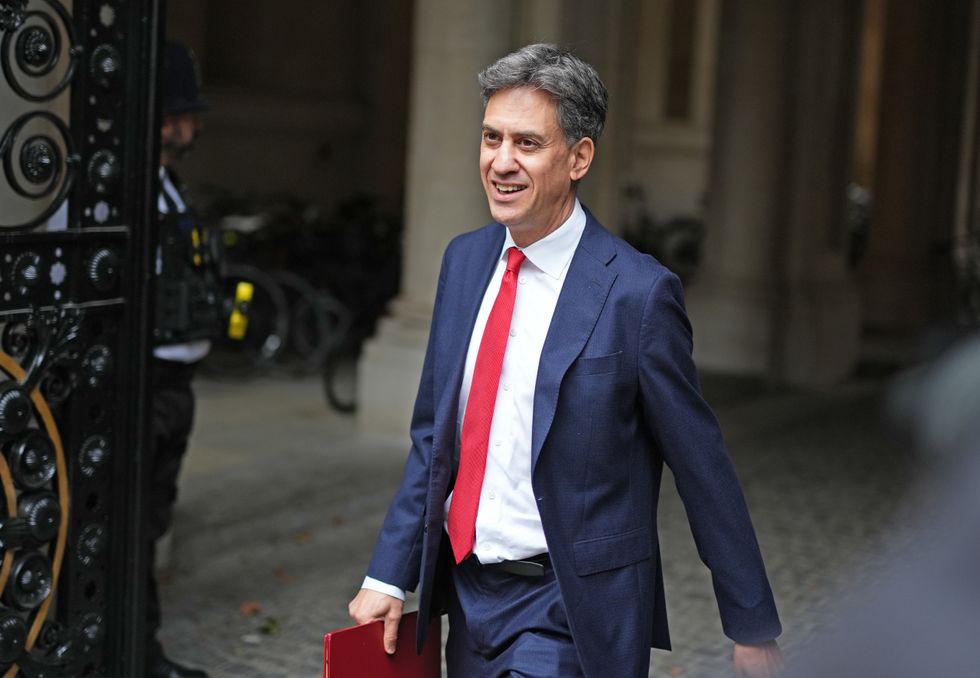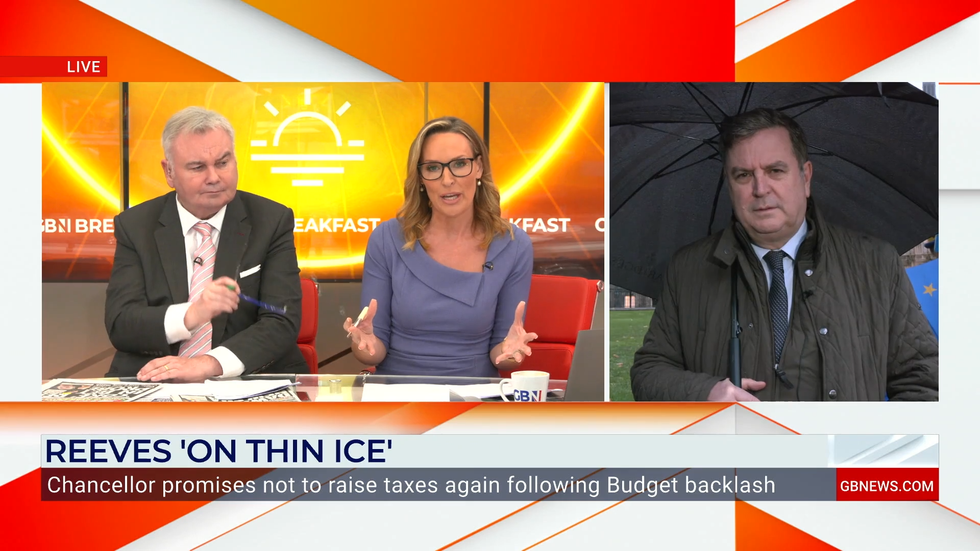Shadow Chancellor Mel Stride has called on Labour to review its net zero policies following the announcement of the Vauxhall van factory closure in Luton.
Speaking to GB News, Stride emphasised the need to find the right balance between climate commitments and supporting domestic industry.
The former Conservative minister acknowledged the importance of tackling climate change but stressed that current measures need reassessment given their impact on manufacturers.
He said: "When you get a situation where, clearly, our domestic car industry is suffering to the degree that it is as a consequence of these measures, I think it's right that the government looks at this.
Mel Stride encouraged Labour to take a second look at the plans
GB News
"Obviously it is now for this government to explain how it is going to tackle that particular issue.
"But to the substantive point, I think it's right that we look at these things, that we seek balance.
"And clearly these car manufacturers are really struggling with this and so therefore I think it's right that they give this a second look."
He added: “One of the things we did was that we pushed out the data at which there had to be 100 per cent switch to electric vehicle production from 2030 to 2035 and this government actually brought it forward again to 2030 which, of course, is part of the reason that there's additional pressure.
Ed Milliband is the energy Secretary
PA
“So I don't think we're in entire alignment, and we would want to see what it is this government is proposing, but I think it's right that it gets looked at, given what's happening.”
Labour's net zero agenda remains one of its highest priorities, second only to economic growth.
The party has pledged to make Britain a clean energy superpower and the world's green finance capital.
Ed Miliband, Secretary of State for Energy Security and Net Zero, has called it "the most ambitious climate and energy plan in British history".
Mel Stride said that its worth a "second look"
GB News
Central to Labour's strategy is the creation of a National Wealth Fund, designed to attract £3 of private investment for every £1 of public funding.
The party aims to achieve a zero-carbon electricity system by 2030, alongside other key environmental targets.
However, Labour has had to reduce its initial spending commitment of £28billion per year, meaning increased borrowing will be needed to fund its Green Prosperity Plan.

 By GB News (Politics) | Created at 2024-11-27 12:02:25 | Updated at 2024-11-30 16:44:03
3 days ago
By GB News (Politics) | Created at 2024-11-27 12:02:25 | Updated at 2024-11-30 16:44:03
3 days ago











